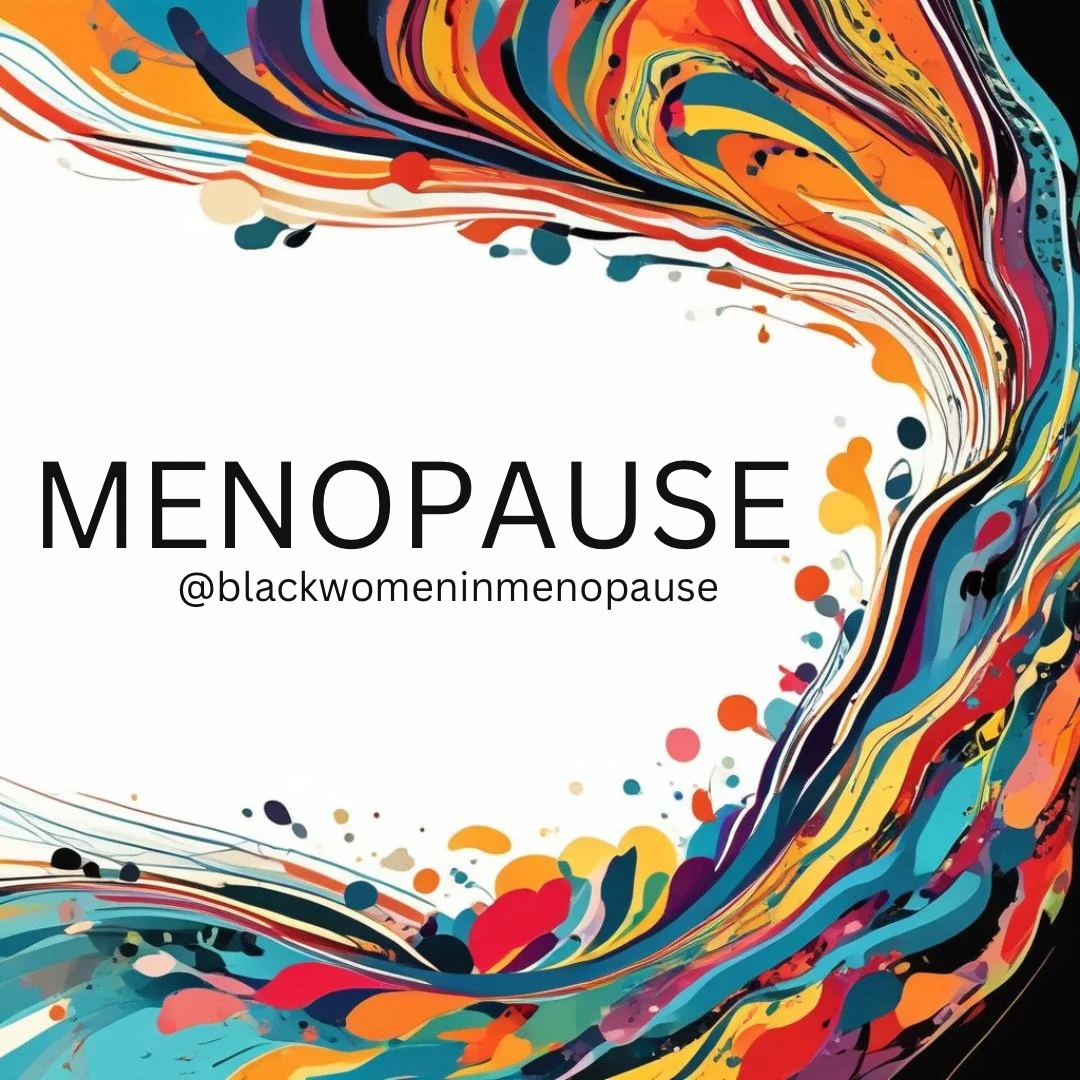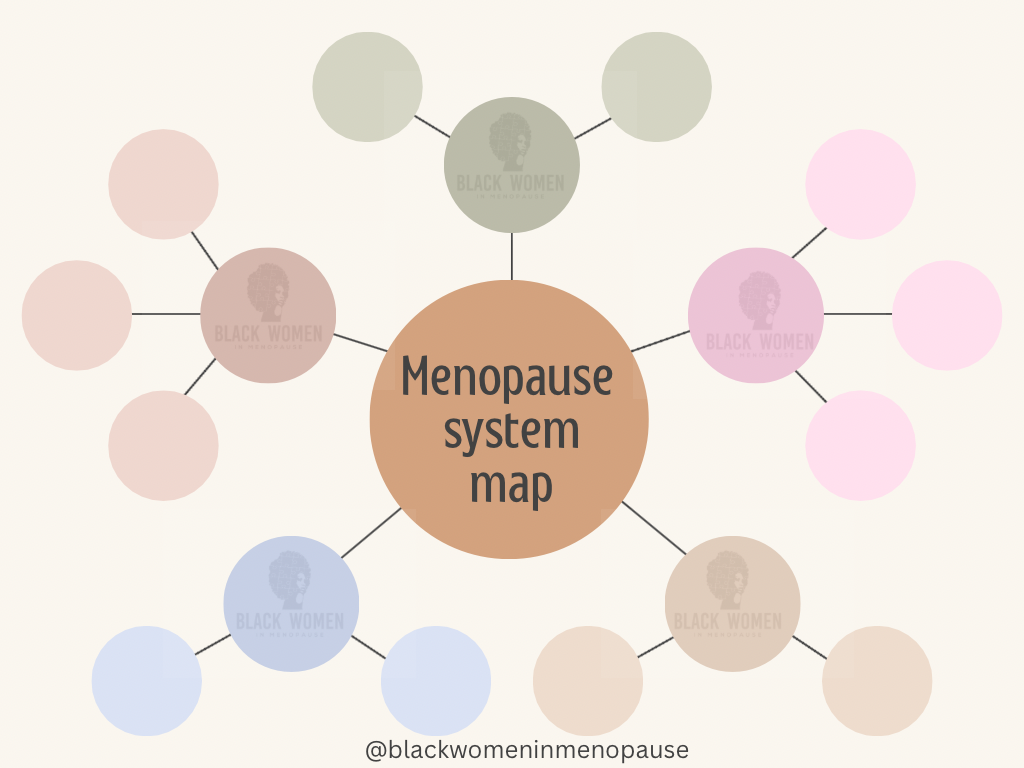I am menopausal - I am not incompetent or Menopausal is not my competence?
I am menopausal - I am not incompetent or Menopausal is not my competence?

In the tapestry of life, menopause is merely a new thread, not the unraveling of the whole fabric. Consider me, an accomplished professional who finds themselves navigating the intricate roads of menopause. It's a journey marked by hormonal shifts, but it doesn't dim the brilliance of my capabilities. Like many others, it is a testament to the misconception that menopause equates to incompetence.
In the fabric of life, this stage resembles a tapestry where seasoned individuals are like skilled weavers or knitters approaching the next stitch. Instead of frayed-ends, these moments offer opportunities for reflection and redirection. Our experiences and skills, honed through dedication, are like intricate threads. Yet, society often fails to appreciate these accomplished professionals. Losing them due to age-related biases is a setback to progress and innovation. Valuable tapestry is also recognised by the unique threads and variation in stitching. It sometimes may have frayed edges, but this adds to the beauty of the whole and tells an individual story.
Just as diverse threads enrich a tapestry, embracing individuals experiencing menopause and acknowledging their ongoing competence weaves a culture that cherishes every stage of life. Companies that champion diversity and inclusion benefit from a rich array of perspectives, experiences, and skills, creating a workforce that is more resilient and dynamic, like a finely stitched tapestry.
Varied threads interwoven in a tapestry, is crucial to challenge stereotypes and cultivate an inclusive environment where age is celebrated rather than perceived as a limitation. By acknowledging the proficiency of individuals navigating menopause, we not only preserve valuable expertise but also nurture a workplace that thrives on the diversity of experiences. The stitching may change, but the sewing journey endures, with each phase offering its unique perspectives and contributions to the beautiful fabric of our collective narrative.
Just as threads intertwine to create a tapestry, inclusive menopause conversations stitch diverse perspectives together,
fostering understanding and support. Let's mend societal taboos with open dialogue, weaving threads of empathy, education, and advocacy. Together, let's craft a tapestry where every persons’ menopause experience is acknowledged and respected.
THREADS approach:
T: Trigger dialogue by initiating discussions in diverse settings.
H: Honour diverse experiences by listening actively and without judgment.
R: Raise awareness through education about menopause and its impacts.
E: Empower individuals to share their stories and advocate for their needs.
A: Advocate for policies that support menopausal individuals in workplaces and communities.
D: Drive change by fostering empathy, understanding, and inclusivity.
S: Supportive environments where everyone’s experiences are acknowledged and respected.






